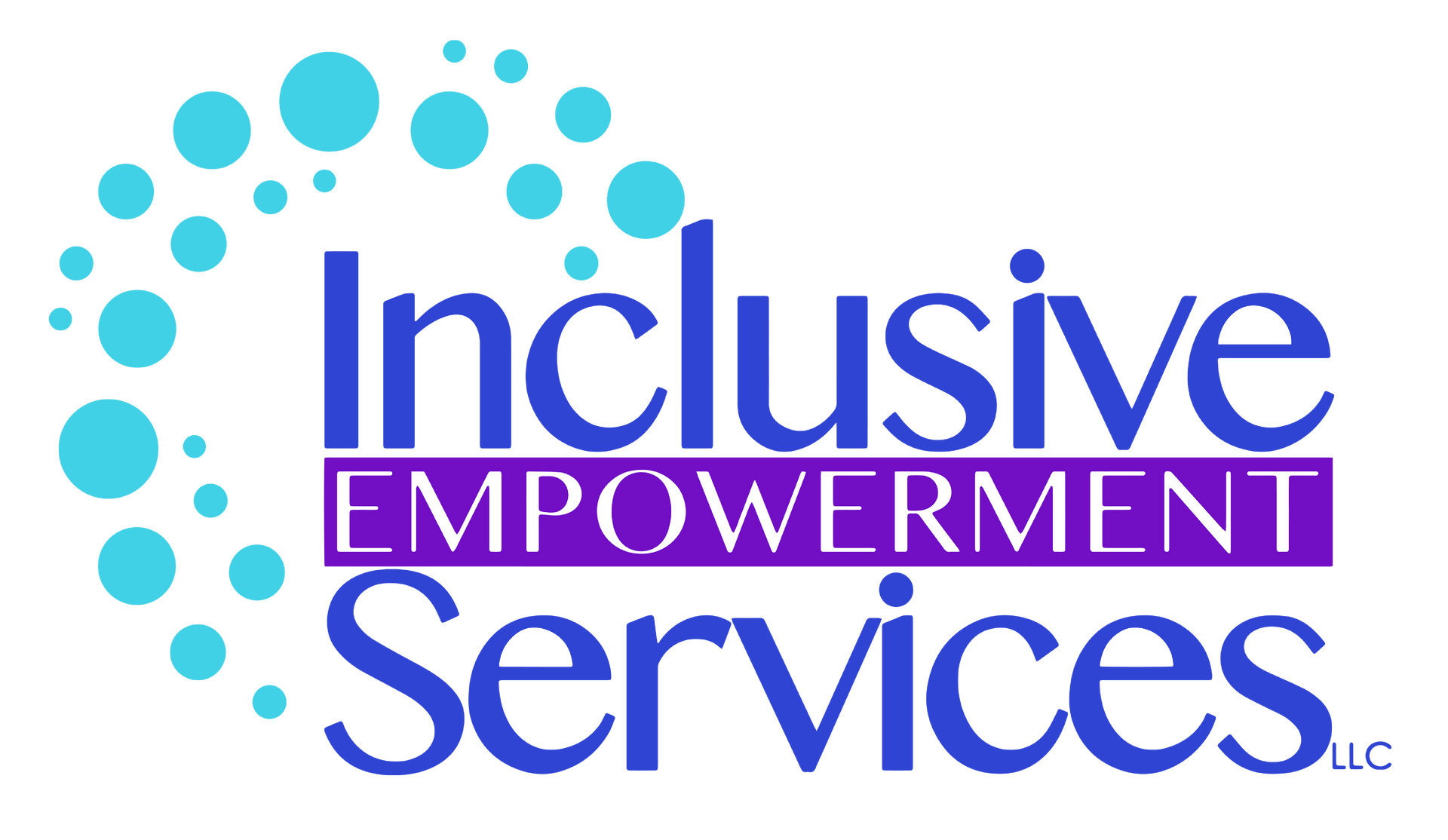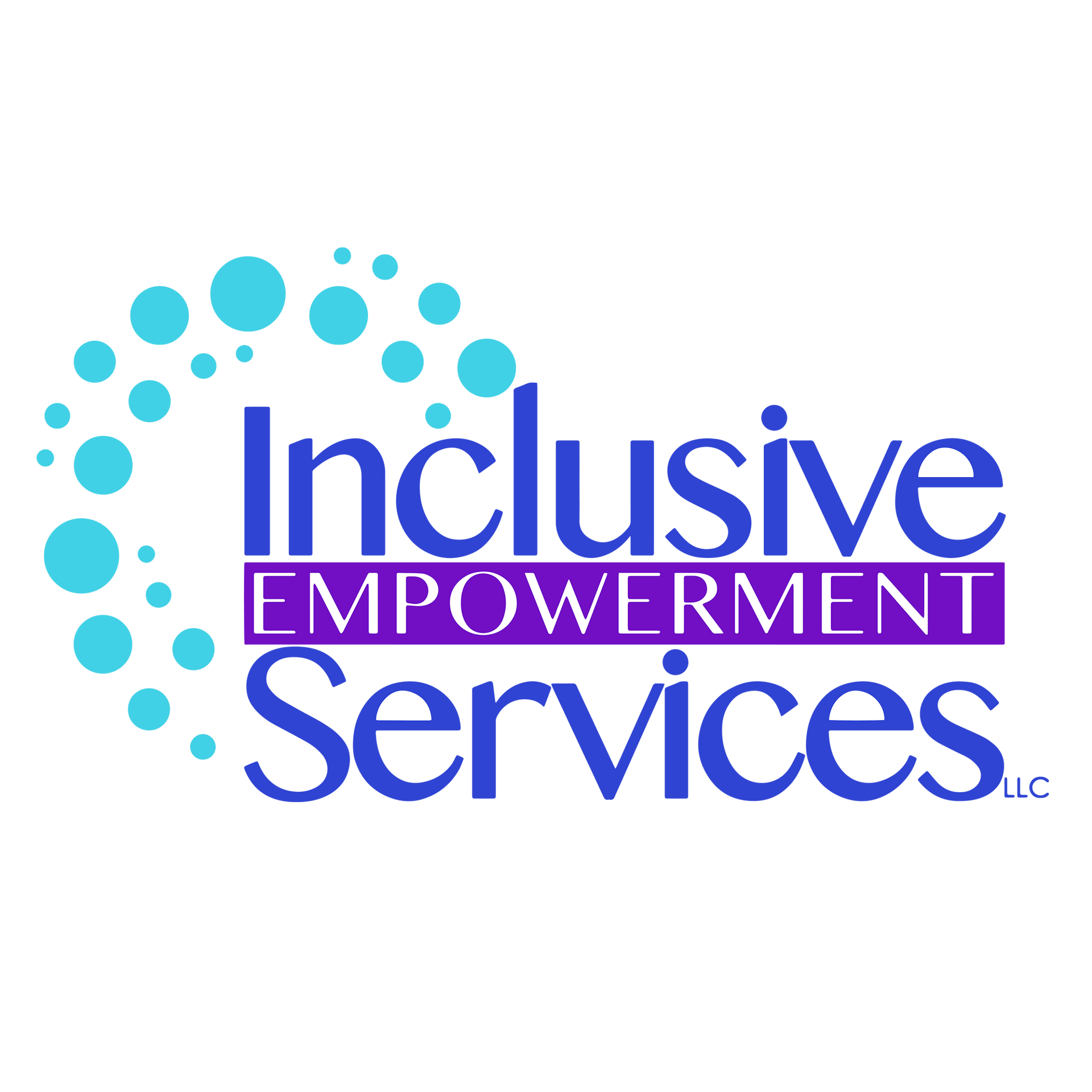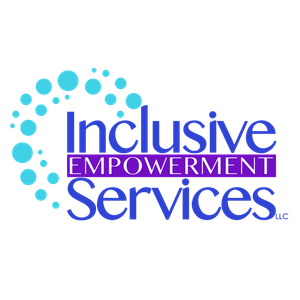Positively Thriving
You are not Alone. It get's better from here.
Helping clients unlock their potential and live a life of positivity. Our objective is to empower individuals to make positive changes that enhance their overall quality of life and well-being.
Featured Memberships & Testimonals
Guiding Principles & Beliefs
Every individual exists on a spectrum of mental health, and each we all deserve acceptance, dignity, and support in their journey to live our best life. IES is committed to upholding the following principles to normalize conversations about mental health in our work.
Welcome to Inclusive Empowerment Services
"Inclusive Empowerment Services was established with a distinct purpose: to elevate the quality of life by empowering our clients' inner voices, facilitating improved decision-making, and fostering positive outcomes. Our mission is to provide guidance and support to individuals with emotional and psychological challenges, helping them thrive in their unique circumstances. We firmly believe that with the right strategies for change, every individual can attain their optimal life."
Elisa Pérez-Arellano, LMSW
Founder, CEO and Lead Therapist
Elisa Pérez-Arellano, LMSW, is the founder, CEO, and lead mental health therapist of Inclusive Empowerment Services (IES). Originally from México, Elisa immigrated to the United States 23 years ago, overcoming numerous linguistic and social challenges as an immigrant. Through determination, perseverance, and courage, she earned both a bachelor’s and master’s degree in social work from Grand Valley State University. Elisa now brings over 15 years of professional experience spanning advocacy, community outreach, case management, program development, adult health education, medical social work, and mental health therapy.
In October 2020, Elisa founded IES to merge her personal journey with her professional expertise, offering compassionate, culturally responsive care to individuals seeking to transform their mindset and emotional well-being. Her approach integrates multicultural clinical tools, modalities, and techniques to empower clients to break free from psychological and emotional patterns that hinder their ability to fully experience life’s richness and joy.
Elisa’s mission is to help clients achieve harmony between their body, mind, and soul. By exploring maladaptive cognitive and behavioral patterns, as well as processing traumatic experiences, she guides individuals toward a life of personal fulfillment and purpose. Her work is rooted in empathy, cultural understanding, and a deep commitment to helping others thrive.

Wellness Articles














